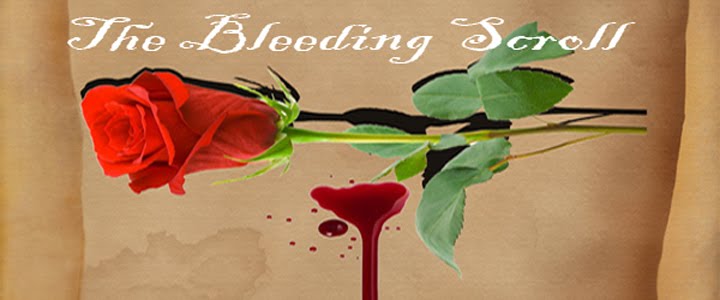I wanna talk a little about descriptions. I talked about it quite a lot,
up until now, but mainly because I do believe that it is one of the most
important tools in the GM's arsenal. Together with portraying the NPCs, it is
the most important tool in the arsenal.
On Wednesday I GMed a game, a D&D game. It was something that I haven't
done in a long time, perhaps a year and a half, maybe even more. I used there
quite a number of descriptions' techniques, from using references to my "3things in 20 seconds" rule. I even let my players describe things.
But there was one technique that for some reason I didn't use. And it
got me thinking. Why haven't I used it? I'm still thinking on that, and I think
that I know why I didn't use it, but firstly I want to present it.
The technique is quite simple: mixing the senses a little. I got the
inspiration for this technique from the Bible. When Moses goes up the mountain,
it is written that all of the people "saw the sounds". Seeing sounds
wasn't something that I was used to. It is not a common way to describe things.
But it does make it seem larger than life. It makes the event seem grandiose,
important, and alien to what we can comprehend.
So I started to describe some of the things in my campaign this way
also. I started to use it in horror games, then continued to the climaxes of
fantasy ones. The players were shocked at first, asking questions about how it
is possible and what do I mean by that. Today they feel the power of it also,
and try their hands on it from time to time.
After all, when you can listen to the dark, smell the yellow scent and
see the spicy taste, everything is quite different. Everything is quite alien,
unnatural, and even uncanny. And this, of course, is only the beginning of the
possibilities.
Then I came back to the game, to my analysis of it I mean, and started
to ask why I haven't used this technique also. I think that it was because of
the comedic tone of that game. After all, when even dragons are nothing but a
joke, there's no need for the red scent, or for the green sounds.
Bu I think that it is also because it is a far more complicated way of
describing things, one that needs it's proper time and place, and it just
didn't feel right for me at the time. I don't know for sure, and I will
probably never know the truth, but it doesn't matter. I do know that I felt
this technique missing, and I want to use it again, because its rewards are far
too great and many.
How about you? Have you used this technique or something similar in your
games? If so, how did it go?
